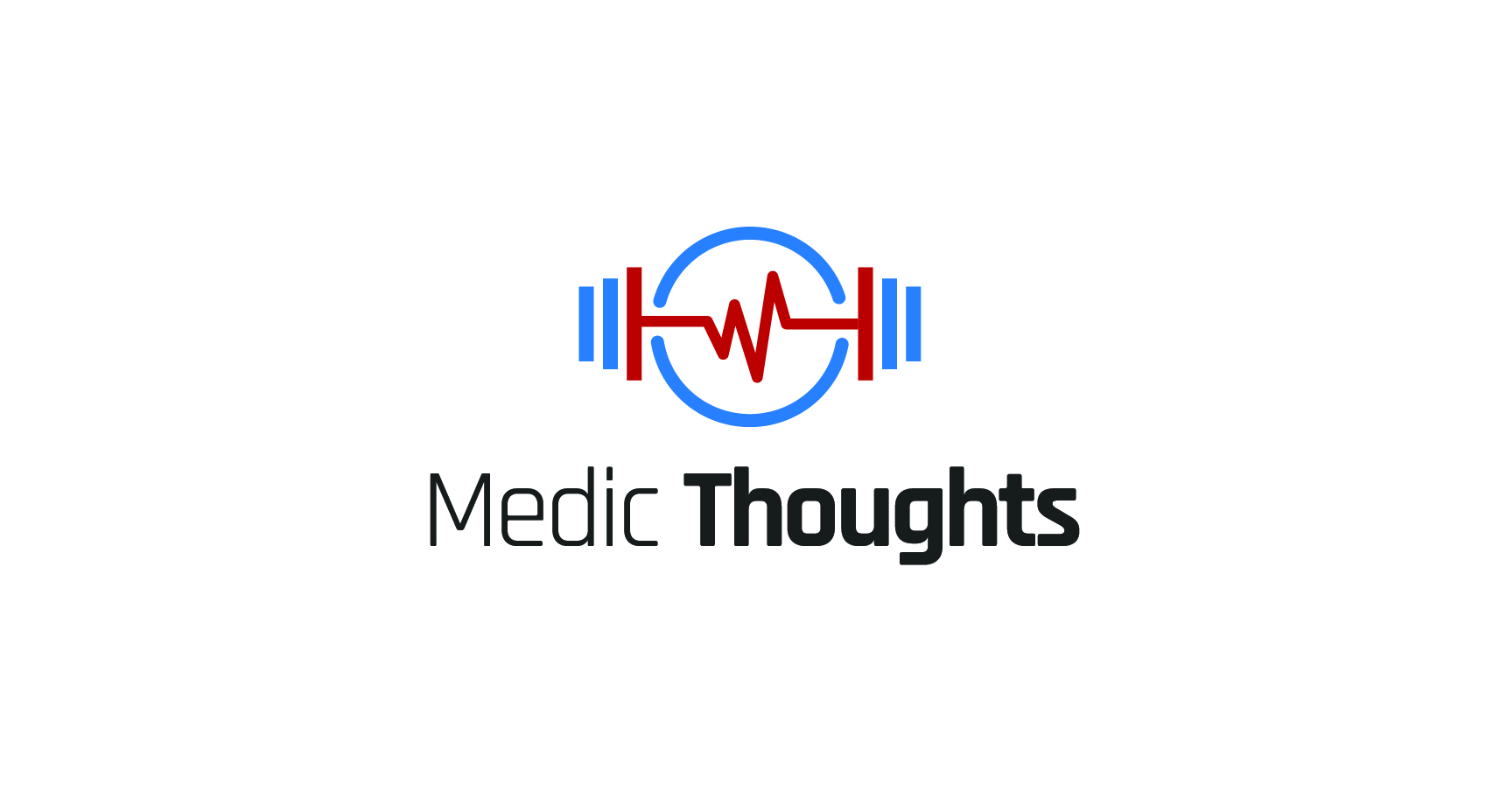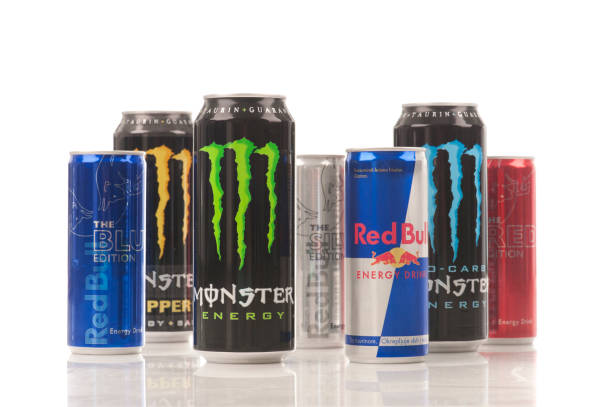Red Bull can boost your energy levels and increase your performance. However, there are some concerns regarding side effects when mixed with alcohol. Red Bull is high in sugar and has few nutrients. Drinking coffee or tea might be a better choice.
Red Bull is the most popular energy drink in the world. (1Trusted Source).
This article discusses the possible side effects and dangers of Red Bull.
What is Red Bull?
Red Bull was first sold in Austria in 1987. It is a carbonated drink that contains caffeine and other energy-boosting substances, such as taurine.
Red Bull contains a variety of ingredients, depending on the country. These include sugar, Carbonated Water (carbonated water), baking soda, citric, magnesium, and glucuronolactone.
The food is also rich in B vitamins such as thiamine (B1), riboflavin, B2, niacin B3 B6 and B12 (2Trusted Source).
Red Bull also offers sugar-free products like Red Bull Zero or Red Bull Sugarfree. Instead of sugar, these are sweetened with artificial sweeteners, like aspartame or acesulfame. ( 3Trusted Source).
Red Bull’s ingredients may give you a quick boost, but they can also have short- and longer-term side effects — especially if you consume large quantities.
Increases in blood pressure and heart rate
The heart rate and blood pressure are essential indicators of heart health. Increased levels have been linked to a greater risk of hypertension and heart disease.
In several studies, it was found that drinking a 12-ounce can (355 ml) of Red Bull significantly increased blood pressure levels and heart rates within 90 minutes and for up to 24 hours afterward ( 6Trusted Source; 7Trusted Source; 8Trusted Source and 9Trustedsource).
This is due to the caffeine in Red Bull. One 12-ounce can (355 ml size) contains 108 mg, about the same as one cup of coffee.
Red Bull consumption is not likely to cause serious cardiovascular problems among healthy adults despite these increases.
Excessive intake, especially in young people, has been linked with abnormal heart rhythms, heart attacks, and even deaths ( 11Trusted Source, 12, 13Trusted Source).
While research is limited, it has been shown that drinking Red Bull can worsen heart health and even be fatal for those with high blood pressure or heart disease. ( 11Trusted Source).
Can increase the risk of type 2 diabetes
An excessive sugar intake (especially from sweetened drinks) may increase your risk for type 2 diabetes.
A review of 310,819 adult participants found that drinking two servings of sweetened beverages daily was associated with an increased risk of 26% of developing type 2 diabetes. ( 14Trusted Source).
Red Bull contains 29 grams of sugar per 8.4 ounces (260 ml), so drinking more than one serving daily can increase your risk for type 2 diabetes. ( Source).
It can damage your teeth
The hard outer layer of your teeth that protects you against decay is called the tooth enamel (15Trusted Source).
Red Bull is a highly acidic drink. Regular consumption may damage your enamel ( 16Trusted Source).
A 5-day test-tube study revealed that exposing the human enamel to energy drinks four times daily for 15 minutes resulted in a significant and irreversible enamel loss ( 17TrustedSource).
The study also found that energy drinks are twice as damaging to enamel than sodas (17Trusted Source).
Can increase risky behavior
Red Bull consumption is associated with increased risky behavior, particularly when combined with alcohol (1Trusted Source).
Red Bull and caffeine can be consumed together to mask the effects of alcohol. You will feel less drunk but still experience alcohol-related impairment (22 Trusted Source, 23 Trusted Source, 24 Trusted Source).
This can have grave consequences.
According to a study, college students who consumed alcohol and energy beverages together were likelier than those who only drank alcohol to drive drunk and suffer serious alcohol-related accidents (25Trusted Source).
Even when Red Bull is not consumed with alcohol, studies have shown that regular consumption of energy drinks such as Red Bull can increase the risk of developing alcohol dependency and using illicit drugs ( 22Trusted Source, 25Trusted Source, 28Trusted Source).
Not everyone who drinks Red Bull is at risk of high-risk behavior. It’s still important to be aware of risks, particularly for younger adults or when alcohol may be involved.
Caffeine overdose is possible
Even though safe caffeine doses vary from person to person, research suggests that healthy adults should limit their caffeine intake to 400mg per day (28 Trusted Source).
Drinking more than five cans of Red Bull daily can increase the risk of caffeine overdose. (2Trusted Source).
The average half-life for caffeine in the blood is between 1.5 and 9.5 hours. It can take 9.5 hours to reduce your caffeine levels to 50% of their original level ( 29Trusted Source).
Knowing the exact amount of Red Bull that could cause a caffeine overdose is challenging.
Also, adolescents younger than 19 may be more susceptible to caffeine-related side effects. (30 trusted sources).
The current recommendations limit caffeine intake to 100 mg daily or less for adolescents aged 12-19. Drinking more than 8.4 ounces (260 ml) of Red Bull may increase the risk of caffeine overload in this age group.
Overdoses and toxicity of caffeine can cause nausea, vomiting, and hallucinations.
Can drinking Red Bull cause death?
Although rare, excessive Red Bull or similar energy drink consumption is linked to heart attacks and death. These cases were mostly in young adults who consumed energy drinks excessively and regularly (13TrustedSource, 28TrustedSource, 36,37TrustedSource, 38TrustedSource, 39TrustedSource).
Many factors determine how much caffeine is dangerous.
Caffeine-related deaths are most common in people who consume 3-5 grams daily. (28Trusted source and 31Trusted source).
It would be equivalent to drinking about forty 8-ounce (260 ml) Red Bull cans daily.
In many heart attacks and sudden deaths involving energy drinks, the victims drank 3-8 cans daily, less than 40 cans.
A recent study of 34 healthy adults showed that drinking Red Bull for 32 ounces (946 ml) for three days resulted in significant differences in the interval between heartbeats. (39 Trusted sources).
39Trusted Source.
Researchers claim that the changes in heart rate are not solely due to caffeine but rather the combination of ingredients found in Red Bull. (39Trusted Source).
Further research is required to determine how the ingredients in Red Bull may affect heart attacks and other serious side effects. Red Bull is not recommended for pregnant women, children, or people with heart conditions. Caffeine-sensitive people and those who are caffeine-sensitive should also avoid it.



